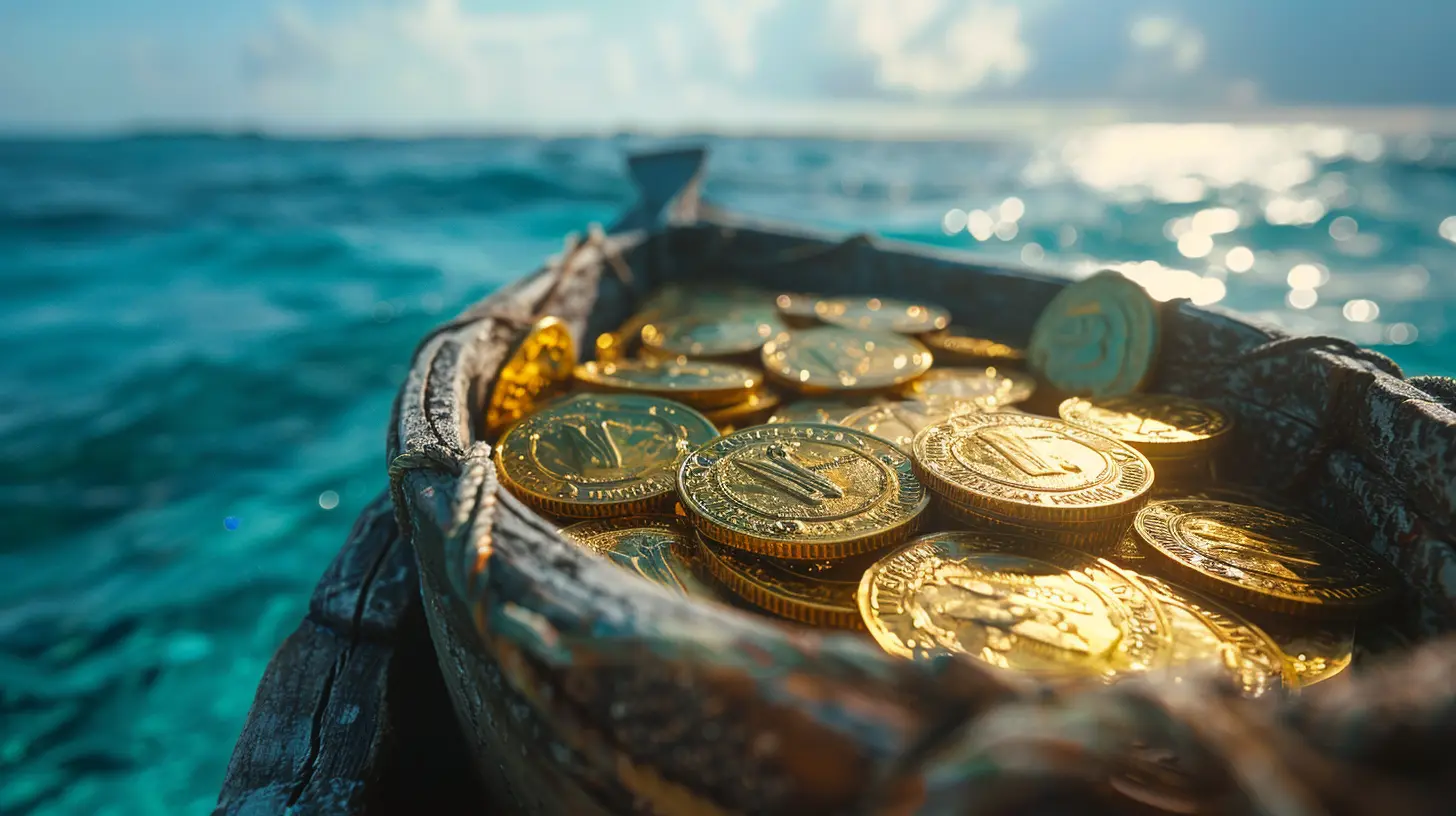Offshore Accounts: Fact or Fiction in Asset Protection?
2 September 2025
When it comes to managing and safeguarding wealth, offshore accounts have always been a hot topic. You’ve probably heard whispers about them being tools for tax evasion, money laundering, or even elite financial secrecy. But how much of that is fact, and how much is pure fiction?
Offshore accounts are often misrepresented in movies and media, making them seem like something reserved for billionaires or criminals. In reality, they can be completely legal and beneficial for asset protection when used correctly. So, let’s separate the myths from the facts and see where offshore accounts stand in the world of financial security.

What Exactly Is an Offshore Account?
At its core, an offshore account is simply a bank account that you hold in a country other than your own. That’s it! There’s no dark twist to it. Many individuals and businesses use offshore accounts for various reasons, including diversifying assets, taking advantage of more favorable banking regulations, and even planning for retirement.Think of it like keeping some of your money in a different wallet—just in another country. The key is how you use it.

The Myth of "Offshore = Illegal"
One of the biggest misconceptions about offshore accounts is that they’re inherently illegal. That couldn’t be further from the truth. The legality of an offshore account depends entirely on how you use it.- Legal Use: Many legitimate individuals and businesses use offshore accounts for diversification, estate planning, and protecting assets from political or economic instability in their home country.
- Illegal Use: Offshore accounts become illegal when they’re used for tax evasion, money laundering, or hiding assets from legal authorities (like a divorce settlement or creditors).
The key takeaway? Offshore accounts themselves aren’t illegal—misusing them is.

Do Offshore Accounts Help in Asset Protection?
So, here’s the big question: Do they actually work for asset protection? The short answer is yes, but let’s break it down.1. Protection from Lawsuits and Creditors
Say you’re a business owner or professional in a high-risk industry. If you get sued, your assets in your home country can be frozen or seized. An offshore account can add an extra layer of protection—making it harder for creditors or legal opponents to access those funds.However, keep in mind that courts in many countries can still demand access to offshore assets, especially if they are not structured properly. This is why working with financial and legal experts is key.
2. Economic and Political Stability
If you live in a country with economic uncertainty, extreme inflation, or political instability, an offshore account can act as a financial safety net. Placing assets in a stable banking jurisdiction can prevent large devaluation of your wealth.For example, individuals from countries with unstable currencies may hold accounts in Switzerland or Singapore to protect their money from significant losses.
3. Diversification Benefits
Much like having investments in stocks, bonds, and real estate, keeping a portion of your funds in an offshore account is another way to diversify your financial portfolio. Different financial institutions have different rules, interest rates, and levels of government protection, which can help balance out risks.4. Estate Planning & Wealth Management
For those with significant assets, offshore accounts offer better tools for estate planning. Some countries provide strong confidentiality laws and legal structures that allow wealth to be passed down efficiently without excessive taxation or probate delays.
The Reality of Offshore Tax Advantages
Another common discussion around offshore accounts is whether they help reduce taxes. In some cases, they do—but not in the way most people think.- Moving money offshore does not mean you can avoid taxes—citizens of many countries (like the U.S.) are still required to report and pay taxes on their worldwide income.
- Some offshore jurisdictions have lower corporate tax rates, which is why businesses might choose to register there. However, tax benefits depend on your home country’s laws and reporting requirements.
Failing to report foreign-held funds to the authorities can lead to severe penalties, so it’s crucial to follow the rules.
Common Myths About Offshore Accounts
Let’s bust a few more widespread myths:1. Offshore Accounts Are Only for the Ultra-Rich
This is false. Many expatriates, small business owners, and even retirees hold offshore accounts for various practical reasons. While wealthy individuals may take advantage of advanced offshore structures, opening an offshore account is often as easy as opening one domestically.2. Offshore Banking Is a Thing of the Past
Not at all. While stricter financial regulations have changed the landscape, offshore banking is still alive and well. Institutions in well-regulated countries like Singapore, Switzerland, and the Cayman Islands continue to offer great financial tools.3. Offshore Banks Are Riskier
While some jurisdictions have loose regulations, many offshore banks are just as safe (or sometimes safer) than banks in your home country. Countries like Switzerland, Singapore, and Liechtenstein have some of the world’s strongest banking regulations.4. You Can Open an Offshore Account Anonymously
Nope. Due to international laws like the Common Reporting Standard (CRS) and the Foreign Account Tax Compliance Act (FATCA), most banks now require full disclosure of identity, proof of funds, and tax compliance.
Choosing the Right Offshore Jurisdiction
Not all offshore locations are created equal. If you’re considering offshore banking, you should look for:- Stable Government & Economy – Avoid politically unstable regions.
- Strong Banking Regulations – Ensure your bank follows international compliance laws.
- Confidentiality Laws – Some jurisdictions offer better financial privacy than others.
- Accessibility – Consider how easy it is to access and transfer funds when needed.
Some of the best offshore banking jurisdictions today include:
- Switzerland – Strong banking security and privacy laws.
- Singapore – Highly stable and business-friendly.
- Cayman Islands – Popular for financial management and investment funds.
- Belize – Growing as an offshore banking hub with robust regulations.
Are Offshore Accounts Right for You?
Offshore accounts aren’t some secret tool reserved for the rich and famous, nor are they inherently sketchy. They can be a legitimate way to protect your assets, diversify your financial holdings, and add a layer of security against uncertainty.That being said, they’re not for everyone. If you’re considering offshore banking, do your research, consult with financial and legal professionals, and make sure you remain compliant with tax laws.
So, is offshore banking fact or fiction when it comes to asset protection? The truth is—it depends. When used correctly, offshore accounts can be an excellent financial tool. When misused or misunderstood, they can be a legal and financial nightmare.
The bottom line? Make informed decisions and play by the rules.
all images in this post were generated using AI tools
Category:
Asset ProtectionAuthor:

Zavier Larsen
Discussion
rate this article
1 comments
Stephanie Thomas
Offshore accounts can be a powerful tool for asset protection, but understanding the legalities is crucial. Empower yourself with knowledge and make informed decisions!
September 11, 2025 at 2:45 AM

Zavier Larsen
Thank you for your insightful comment! Indeed, understanding the legal landscape is essential for effective asset protection. Knowledge is key to making informed choices.


